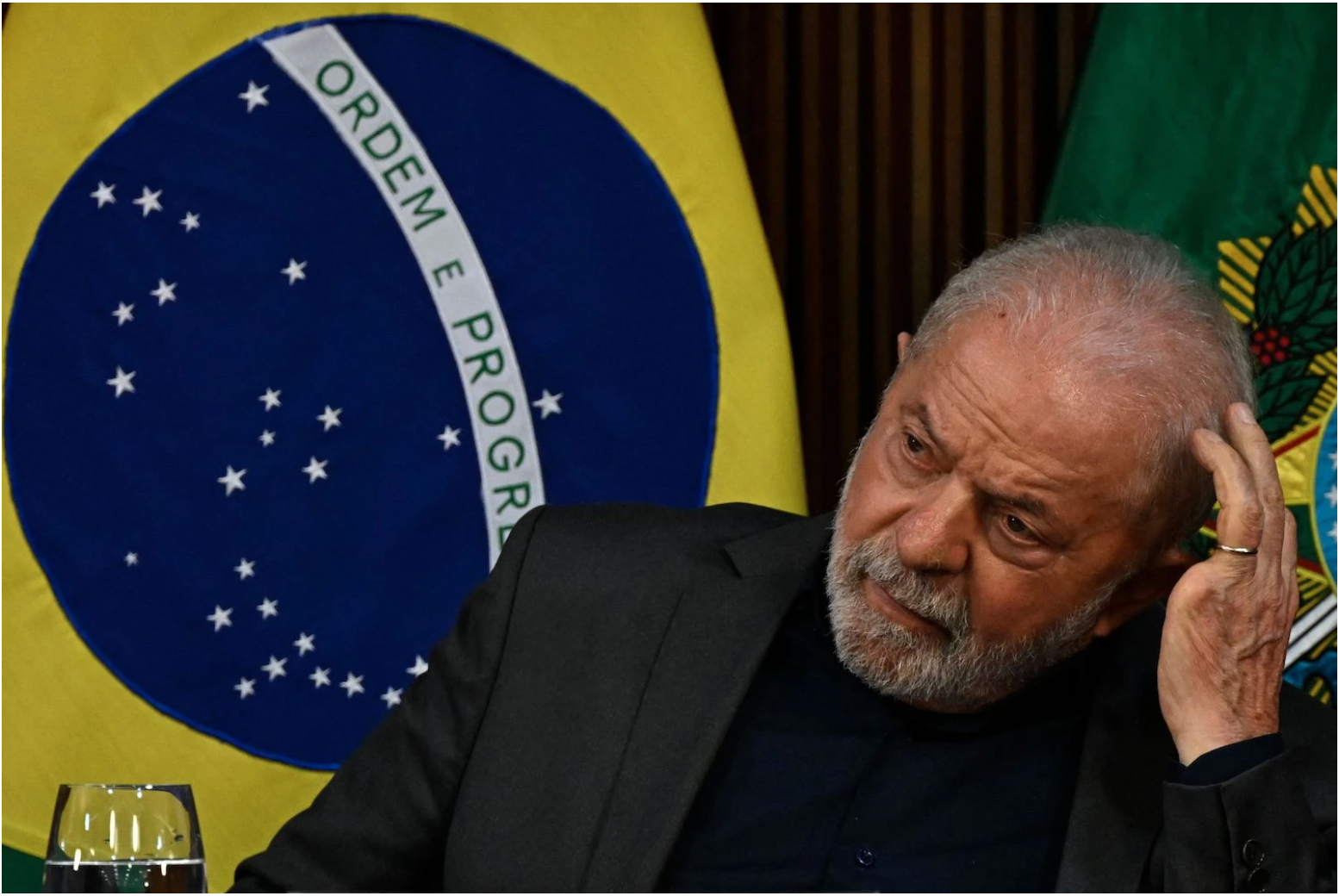FEBRUARY 1, 2023, 3:14 PM
The Jan. 8 attack on Brazil’s Congress, presidential palace, and Supreme Court by supporters of former President Jair Bolsonaro has understandably drawn parallels to the Jan. 6, 2021, U.S. Capitol insurrection launched by backers of then-U.S. President Donald Trump. There are many similarities between the two cases. Both were incited by populist right-wing presidents who failed to win reelection and subsequently spread disinformation about supposed voter fraud to mobilize their most radical followers. The U.S. and Brazilian extreme right have also become increasingly enmeshed in recent years—conspiring on messaging and strategy and sharing key advisors such as Steve Bannon.
But the rush to view Brazil’s attack through a U.S. lens minimizes its threat to Latin America’s largest democracy. There is a key difference between the Brazilian and U.S. insurrections. Unlike the U.S. riots—which seem to have been led mostly by radicalized citizens—there is strong evidence that Brazil’s iteration was a result of the armed forces’ connivance. Decades after the end of Brazil’s military dictatorship, civilians still do not fully control the country’s security establishment. This is the biggest weakness Brazil’s democracy faces today.
Bolsonaro—a former army captain backed by Brazil’s military and police forces—exacerbated this problem by militarizing government. He appointed more than 6,000 military officers to positions in his administration and blurred the lines between the armed forces…









